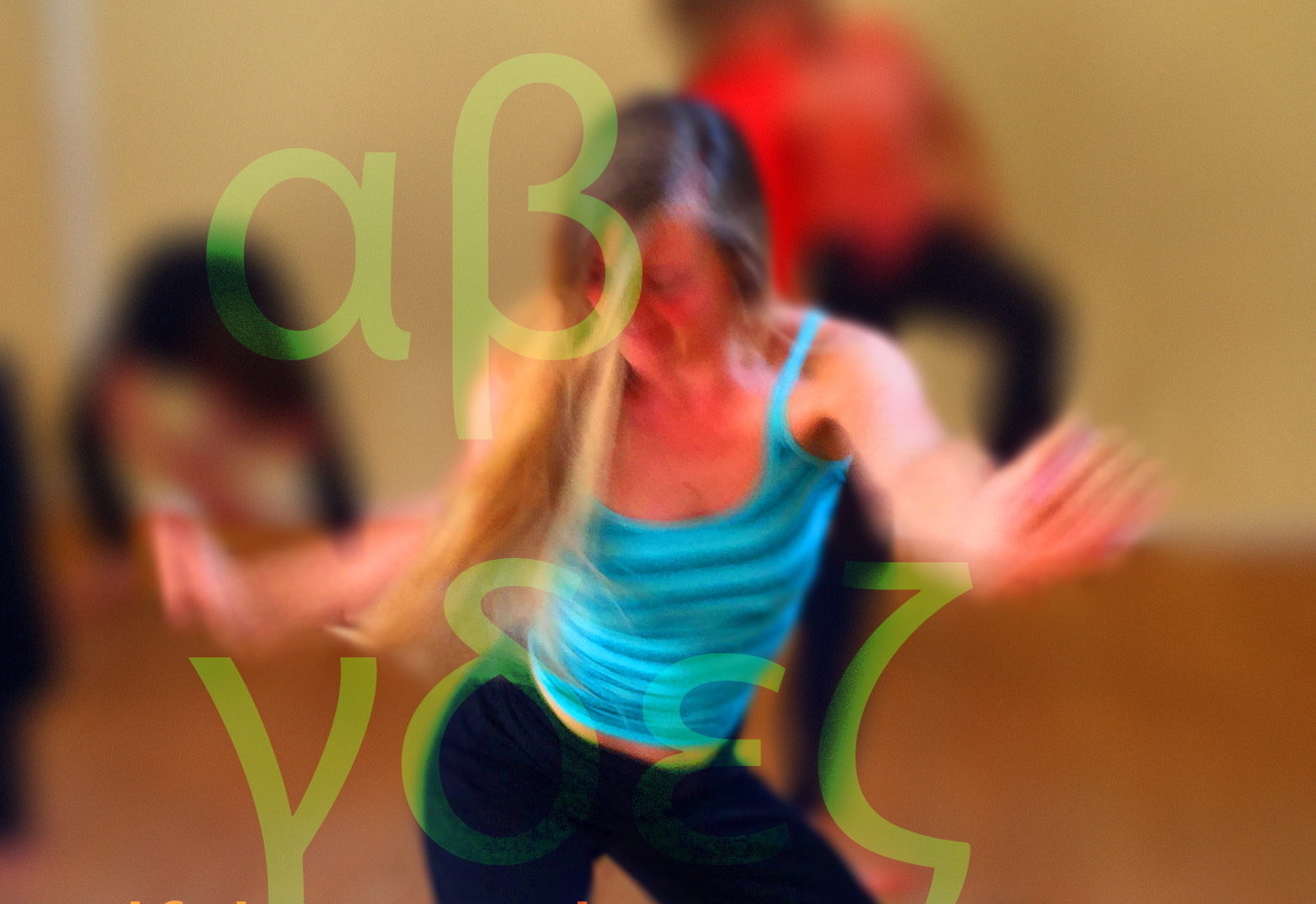Habits are a deeply interesting part of human existence, worth a lot more care and listening than we usually give them. It is often taken for granted that habits belong to the most trivial background of our existence, while meditation and spirituality in the meaningful front stage. You often hear meditators say that their meditation is about going beyond habits. Or more generally, people will tell you that true human flourishing is authenticity or originality, free from bonds of repetition and convention.
But this is only a half truth. Clearly life, as music, has essential rhythmic patterns. Without them we couldn’t speak and walk. Also, habits have incredible degrees of resilience. My work research work with people who try to develop new, healthy lifestyle habits have made me more and more sure that this is in fact a deep sign of health. Habits, like the structures of the body, tend to regenerate if they can.
Most of our participants have tried many diets and lifestyle programs before, and had some initial success, losing weight, only to lose control again after some weeks or months. The old patterns return.
Everyday habits are like a second body, in many ways just as solid as the one of bones and muscles. My research work in habits and lifestyle change has made me more and more convinced that self-control is a poor strategy in lifestyle change. It is as if part of the body is in a permanent effort to control another part. Sooner or later this becomes too exhausting and the grip is lost.
Many believe that a positive approach of motivation and positive thinking – “the carrot rather than the stick” – is the solution. But although it is certainly nicer, practice shows that it still only works as long as there is a feeling of success. The carrot approach easily breaks down as soon as the spiral of success and reward stumbles in the complexities of everyday life. Basically it is not very different from the forced state of self-control, perhaps with a forced smiling face.
Fortunately, there is an alternative road: befriending and listening, rather than directing and judging. This road involves the cultivation of a curious and caring attitude toward the biological body as well as the practical body of everyday life and the social body of relationships. Or, in an existential philosophical language: the discovery and acceptance of a freedom that is not distancing from the body but moving in and with it. This more embodied freedom allows more real and sturdy change, a change that is not dependent on ongoing external pressure and internal exhaustion.
Our research team found that this approach can be applied in real life through a carefully adapted combination of mindfulness and group dynamics developed in systematic action research with a groups of overweight people. Our research led to the formulation and manualization of “the delta program” which is now being offered as a disease prevention and health promotion intervention at several municipal health centers in Denmark.
Read more about the resarch and practice of the Delta program here:
https://www.delta-programmet.dk/en/presentation/
The wonderful participants in the delta development groups taught us much that went into the design. Most of it can be condensed into the essential observation that you generally can’t fight habits, at least not in the long run – but you can learn to dance with them.
We do sometimes put music on and dance in the Delta Program. This started as a spin-off from the delta program but became a program and method of its own: Moving Meditation. Fun, exercise, mindfulness and even philosophy in dancing:
https://moving-meditation.dk/
